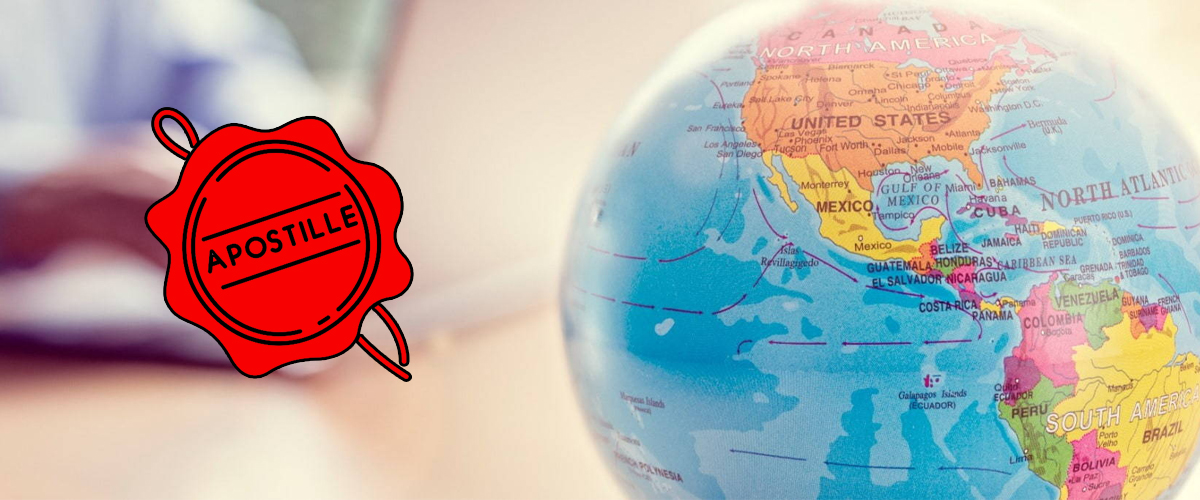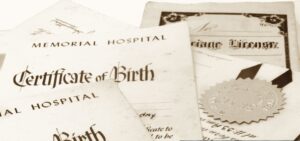What is an Apostille?
An apostille is a certificate that authenticates a signature on a paper or document that has been acknowledged by an international institution. It legalizes a member state’s document for use in another state that has also signed the 1961 Hague Convention on Exemption from the Requirement of Legalization for Foreign Public Documents.
Under this Convention, Contracting States have agreed to recognize public papers issued by other Contracting States if they are authenticated by attaching an internationally recognized form of authentication known as a “Apostille”. Apostille ensures that public documents issued in one contracting state are accepted as valid in another.
What information does an Apostille include?
The Apostille itself is a stamped or printed form with ten numbered standard information areas. The word APOSTILLE appears at the top, followed by the words Convention de La Haye du 5 octobre 1961 (French for “Hague Convention of October 5, 1961”). This title must be written in French for the Apostille to be valid (Convention Article 4). The following information is entered into the numbered fields (either in the official language of the authority competent to issue the Apostille or in a second language):
- Country… [e. g. Korea, Spain]
This public document
- has been signed by Mr. (Mrs. ) [e. g. Henry Cho]
- acting in the capacity of [e. g. Notary Public]
- bears the seal/stamp of [e. g. Hong Kong High Court]
certified
- at [place of issuance] [e. g. Hong Kong]
- the [date] [e. g. April 16, 2014]
- by [Issuing authority] [e. g. Hong Kong Chief Executive]
- No. [e. g. 2536218517]
- Stamp. . . [of the authority competent to issue the Apostille]
- Signature
This information might be printed on the document itself, on the back, or attached as a certification stamp.

What types of papers and documents are Apostille issued for?
There are four types of documents mentioned in the Convention:
- court documents
- administrative documents (e. g. civil status documents)
- notarial deed
- an official certificate attached to papers and documents signed by authorized persons, such as an official certificate recording the registration of a document or the fact that the document existed at a certain time and official notary authentication of that signature.
International members participate in Apostilles
How many countries are parties to the 1961 Hague Convention on Exemption from the Requirement for Legalization of Foreign Public Documents?
As of July 21, 2018, 116 nations had joined the Convention, including the United States, the United Kingdom, Canada, Australia, New Zealand, South America, India, Hong Kong, and others. Vietnam is currently not a member state of the Convention.
Recognition of Apostille in Vietnam
In Vietnam, how are foreign papers and public documents with attached Apostille legalized?
Apostille is a French term signifying certification. However, because not all nations are eligible to sign the aforementioned Convention, the destination country must decide whether the document is an Apostille (for signatory countries) or a Certificate (for countries that have not yet joined).
As previously stated, Vietnam is not yet a signatory of the Convention, hence its provisions are not now in effect in Vietnam. Decree No. 111/2011/ND-CP, issued by the Vietnamese government, details the procedures for certifying foreign legal documents and papers for use in Vietnam. Vietnam and a few other countries also signed mutual legal assistance agreements, consular agreements, cooperation agreements, etc. on recognition of certain types of papers and public documents of the other party without approval. Consular legalization and consular certification are required in Vietnam (see here for a list of nations and categories of documents exempt from consular legalization and certification).
For foreign public papers and documents with attached Apostille (please preserve the English term), in order to be recognized and utilized in Vietnam, those papers and documents must be authenticated by the Ministry of Foreign Affairs. Papers and documents must be supplied by the originating country and subsequently certified by the Ministry of Foreign Affairs of Vietnam or an authorized agency. Certification is often done at an embassy or consulate. In practice, this implies that the document must be validated twice before it can have legal effect in Vietnam.






